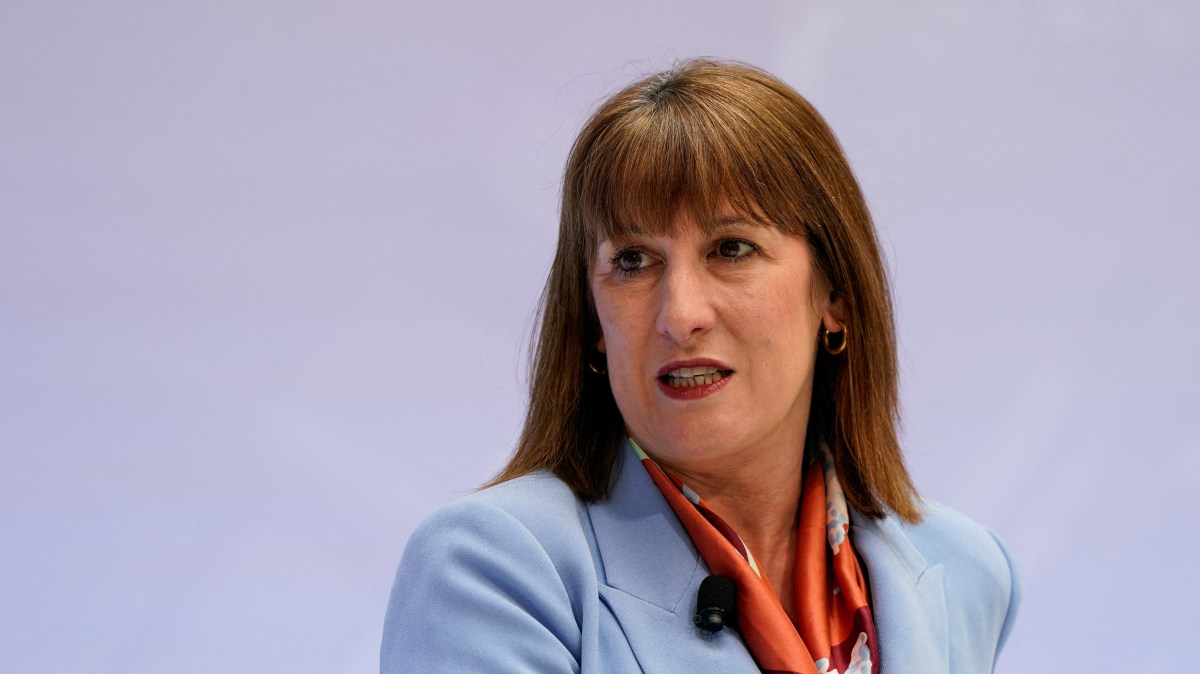The UK economy unexpectedly contracted in May, underscoring the challenging economic backdrop facing Rachel Reeves amid growing speculation of further tax increases at the autumn budget.
The UK economy shrank by 0.1 per cent in the month, the second consecutive month of falling output after GDP dropped by 0.3 per cent in April, the Office for National Statistics (ONS) said on Friday. Analysts had expected growth of 0.1 per cent.
In April, growth was curtailed by the government’s £25 billion rise in employers’ national insurance contributions and the announcement of President Trump’s “reciprocal tariffs”.
Suren Thiru, economics director at the accountancy body ICAEW, said that the worse-than-expected May GDP numbers “undoubtedly increase anxiety over the health of the UK economy”.
A downbeat performance in heavy industries drove GDP lower: output among production businesses fell by 0.9 per cent in May. Construction activity also declined by 0.6 per cent but the services sector, which generates more than two thirds of all UK GDP, posted a small 0.1 per cent rise in activity.
Across the three months to May, the economy grew by 0.5 per cent, which experts attributed to businesses front-loading spending to avoid Trump’s tariffs. The ONS raised its March growth estimate to 0.4 per cent from 0.2 per cent.
Paul Dales, chief UK economist at the consultancy Capital Economics, said that the economy was experiencing a “hangover from the burst of activity” at the beginning of the year.
Liz McKeown, director of economic statistics at the ONS, said: “The economy contracted slightly in May with notable falls in production and construction, only partially offset by growth in services.
“However, across the latest three months as a whole, the economy still grew. This reflected strength earlier in the year that resulted, in part, from some activity being brought forward to February and March.
“May’s fall in production was driven by oil and gas extraction, car manufacturing and the often-erratic pharmaceutical industry. While services grew overall in May with a strong month for legal firms, which recovered from a weak April, and computer programming, these were partially offset by a very weak month for retail sales.”
Economic growth has petered out in recent months, having accelerated rapidly at the beginning of the year when GDP expanded by 0.7 per cent. Experts think that businesses brought forward spending decisions to the first three months of the year before the expected imposition of import tariffs by Trump.
In response to the fresh GDP data, Rachel Reeves, the chancellor, said: “Getting more money in people’s pockets is my number one mission. While today’s figures are disappointing, I am determined to kickstart economic growth and deliver on that promise.”
Shadow chancellor Mel Stride said: “Thanks to Labour’s reckless choices the economy actually shrank in May. This will pile even further pressure for tax rises in the autumn. Labour’s costly U-turns, on winter fuel and welfare, have created a ticking tax timebomb.”
Weak growth, compounded by a sharp increase in debt interest spending owing to higher interest rates, have crimped the chancellor’s fiscal headroom. Speculation that she will be forced into tens of billions of pounds of tax rises or spending cuts at the autumn budget has gathered momentum after the government rolled back reforms to the welfare system that amounted to £6.25 billion of fiscal consolidation this month.
Some economists estimate that the chancellor is on track to breach her main fiscal rule — funding day-to-day public spending with tax revenues — by £20 billion. Reeves insists that the fiscal rules are “iron clad”. The government is also facing the prospect of another rebellion from Labour MPs over plans to overhaul special needs education in England.
Price increases and high interest rates continue to curtail economic growth. Inflation is elevated at 3.4 per cent and interest rates have only fallen gradually to 4.25 per cent. According to the International Monetary Fund, the UK economy will expand by 1.2 per cent this year.
Analysts think that the Bank of England could lower interest rates twice more this year, taking them down to 3.75 per cent, a move that would spur economic growth and ease pressure on the public finances.
Inflation is likely to remain at about 3 per cent for the remainder of the year, however, above the Bank of England’s 2 per cent target. The poor May GDP data increases the likelihood of a quarter-point rate cut in August, analysts said.
Although the UK reached an agreement with the US to limit tariffs, global economic growth is likely to be tepid if Trump eventually pushes through punitive levies on goods coming into America, which may curtail UK economic activity.
This month he threatened to impose taxes on products from South Korea, Japan and Brazil and delayed the imposition of his “reciprocal tariffs” until August 1.
The pound fell by 0.29 per cent against the dollar to $1.35 and dipped by 0.03 per cent against the euro to €1.15.
